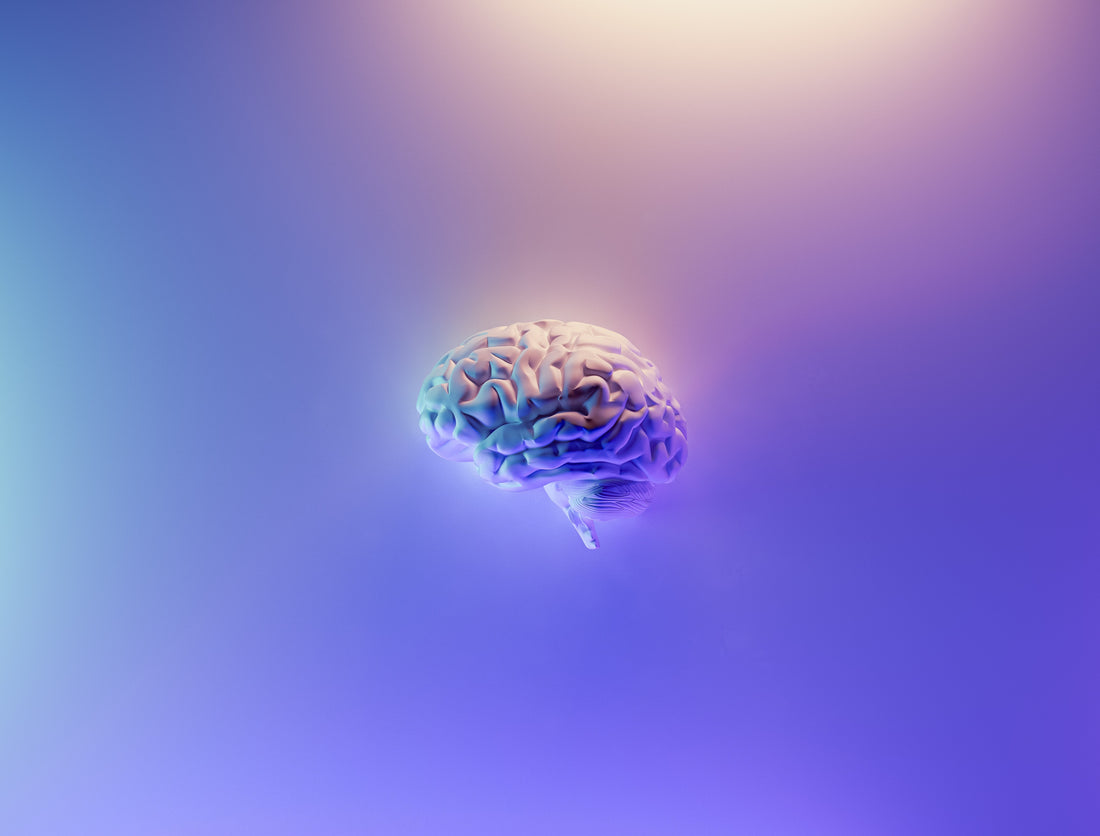June is Alzheimer's and Brain Awareness Month
While Alzheimer's affects many families it is seldom discussed as it can be a debilitating and heartbreaking disease that robs us and our loved ones of their memory and thinking skills.
__________________________________________________________
About Alzheimer's Disease
Alzheimer's disease is a brain disorder that slowly destroys memory and thinking skills and, eventually, the ability to carry out the simplest tasks.
This disorder affects approximately 24 million individuals as of 2022
(https://www.ncbi.nlm.nih.gov/pmc/articles/PMC3405821/), and is projected to double by 2050.
Alzheimer's is not a disease or disorder that can 100% prevented either. Less than 1% of Alzheimer's is unpreventable through an early-onset type associated with genetic mutations. There are several clinical trials trying to use antibodies as a way to prevent and delay the disease, but at this current time of writing, the research and development are still on-going.
Alzheimer's and Dementia can be brought on through other diseases. For instance, cardiovascular diseases can be seen in as many as 80% of those with Alzheimer's disease, however, this is not a guarantee that if you have high blood pressure, diabetes, or high cholesterol that you will develop these disorders. Studies have shown that there is a definite link between them, but more research is needed to truly understand how they interact with one another.
(https://www.alz.org/alzheimers-dementia/research_progress/prevention)
__________________________________________________________
Healthy Brain, Healthy You
Growing evidence shows that adopting a healthy lifestyle can benefit more than just our physical conditions, it is heavily linked to our mental state as well.
Be physically active
Physically activity can pump blood to the brain, nourishing cells with blood and oxygen. Many doctors recommend at least 150 minutes a week, activities could be walking a dog or going for a bike ride, swimming or going for a run. If you have reduced mobility, try activities that can help you maintain your balance and prevent falls, such as gentle yoga or tai chi.
"The most convincing evidence is that physical exercise helps prevent the development of Alzheimer's or slow the progression in people who have symptoms," says Dr. Marshall. "The recommendation is 30 minutes of moderately vigorous aerobic exercise, three to four days per week."
(https://www.health.harvard.edu/alzheimers-and-dementia/what-can-you-do-to-avoid-alzheimers-disease)
Fuel up
Diet is very important to take into account. A healthy and balanced diet that is lower in fat and higher in vegetables and fruit tends to help reduce the risk of cognitive decline.
Most recommend the Mediterranean diet, but following that is the DASH (Dietary Approaches to Stop Hypertension) diet and MIND ( Mediterranean-DASH Intervention for Neurodegenerative Delay) diet. They recommend the decrease in processed food, and focus more on including fresh vegetables and fruits; whole grains; olive oil; nuts; legumes; fish; moderate amounts of poultry, eggs, and dairy; moderate amounts of red wine; and red meat only sparingly into your diet.
Challenge your brain
A study in 2020 from the University of California taught us that continued learning throughout our lives can help prevent the decline of cognitive functions. So learn that language that makes your tongue tingle as you roll your R's. Play a game, not something mindless, but something challenging and strategic. Try something artistic and watch it appear with each flick of a brush or scratch of a pen.
Challenging your mind has both short and long-term benefits for your brain.
Take care of your mental health
Some studies link a history of depression with increased risk of cognitive decline, so seek medical treatment if you have symptoms of depression, anxiety or other mental health concerns. Manage your stress, and take care of yourself. Stress is a normal thing for every human, past, present and future. But letting it fester and grow can cause changes in your body, both physically and chemically, and can cause damage to yourself in the long-term.
Get plenty of sleep, ideally 6 to 8 hours of sleep. Sleep deprivation can significantly impair your memory, mood and function.
(https://www.alz.org/help-support/brain_health/10_ways_to_love_your_brain)
_______________________________________________________
Disclaimer:
No content on this site, regardless of date, should ever be used as a substitute for direct medical advice from your doctor or other qualified clinician.


